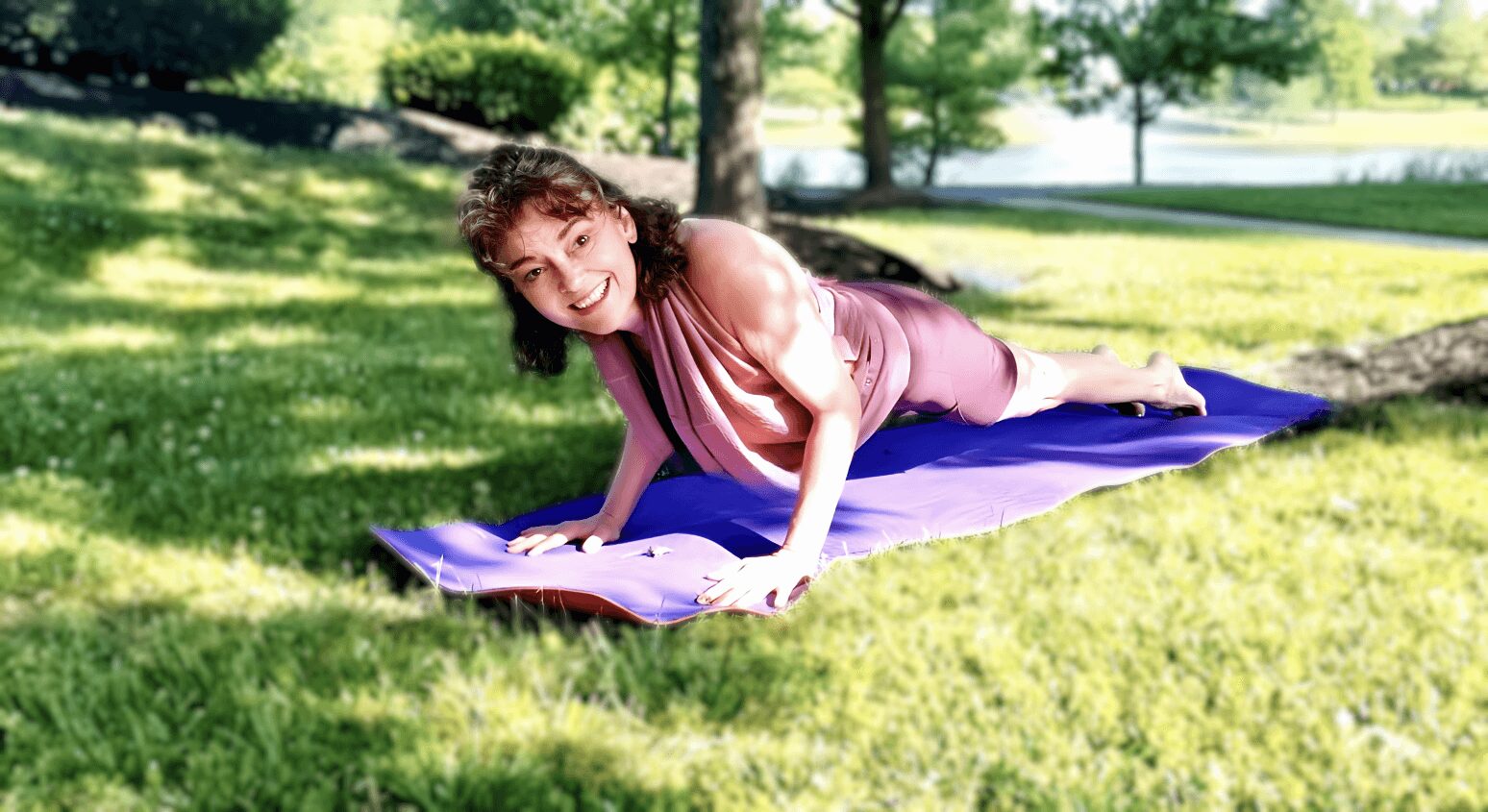We recently had the chance to connect with Megan Powell and have shared our conversation below.
Hi Megan, thank you so much for taking time out of your busy day to share your story, experiences and insights with our readers. Let’s jump right in with an interesting one: What are you being called to do now, that you may have been afraid of before?
Lately, I’ve been called to explore the edges of consciousness — that leads to the chemistry of being human. For years, I taught stillness through breath and movement, and deep inside, I was afraid to touch anything that didn’t fit neatly inside “traditional wellness.” Microdosing cracked that open. It invited me to experience mindfulness from the inside out — to witness how tiny shifts in neurochemistry can open massive doors in awareness, creativity, and compassion.
It takes shape of changing your resonance so the noise quiets and wisdom emerges from within. For me, microdosing became a ritual — a mindful, sacred one — that integrates beautifully with breathwork, journaling, and nervous system regulation.
What I used to fear was losing control. What I encountered instead was agency— a deeper partnership with my own mind, body, and intuition. It’s about coming home to myself, one microdose, one mindful breath at a time.
Can you briefly introduce yourself and share what makes you or your brand unique?
I’m Megan Powell — a yoga teacher turned unconventional wellness mentor. My work sits at the crossroads of science, spirit, and self-sovereignty. I guide women over 40 to regulate their nervous systems, reclaim their energy, and rewire patterns that keep them stuck in survival mode.
What makes my approach unique is the mix: ancient practices like yoga and breathwork meet modern biohacking and subtle plant medicine. It’s wellness without the performance — practical, embodied, and deeply personal.
My brand, Unconventional Wellness, was born from my own journey through anxiety, insomnia, and metabolic imbalance. When I took healing into my own hands and started listening to my body — mentally and physically — I rediscovered a confidence that words can barely touch.
Biohacks such as microdosing, fasting, and nervous system work act as keys — opening pathways to greater freedom, clarity, and vitality.
Thanks for sharing that. Would love to go back in time and hear about how your past might have impacted who you are today. What did you believe about yourself as a child that you no longer believe?
As a child, I believed I was weak — the quiet, fragile one who needed rescuing. That story stayed with me for years, shaping how I showed up, how I loved, and how I hid. Through therapy, yoga, and a thousand deep breaths, I began to see that what I once called weakness was, in fact, sensitivity in disguise.
That tenderness became my radar — how I sense energy, feel into people’s emotions, and hold space for transformation. I no longer carry the “poor me” story. I stand as a woman who has transmuted pain into power, fear into awareness, and fragility into intuitive strength. Today, that same strength fuels my mission: guiding women to reclaim their vitality, regulate their nervous systems, and meet their own power with reverence.
What’s something you changed your mind about after failing hard?
After failing hard at trying to “fix” myself. I once believed healing meant controlling everything — my diet, my emotions, even my spiritual practice. When things collapsed, I began to see that control isn’t healing; awareness is.
That realization humbled me. I started forgiving myself for the times I pushed too hard, tried too much, or stayed too long. Letting go of the past became its own kind of medicine — quiet, steady, and deeply liberating. I learned to listen to my body with curiosity, to meet myself with softness and tenderness.
Through those failures, I changed my mind about success. It lives in relationship — with breath, with chemistry, with the unfolding moment that keeps inviting me back to presence.
Next, maybe we can discuss some of your foundational philosophies and views? Whom do you admire for their character, not their power?
I admire Barack Obama for his character. He carries strength without dominance and presence without pretense. His leadership feels rooted in integrity — calm, intelligent, and deeply human.
He isn’t a power monger; he walks his talk. There’s a steadiness in how he listens, pauses, and chooses his words with care. I see in him the kind of power that doesn’t need to be performed — the quiet authority that comes from self-awareness and empathy.
Okay, so let’s keep going with one more question that means a lot to us: How do you know when you’re out of your depth?
I know I’m out of my depth when joy slips away. My peace starts to feel thin, and a quiet voice inside begins whispering — a reminder to come back, to soften, to find the fun in the moment again. That voice has become my compass. It doesn’t scold; it nudges. It points me back to curiosity, movement, and laughter — the simple things that keep me grounded and real.
Contact Info:
- Website: https://www.meganpowell.org
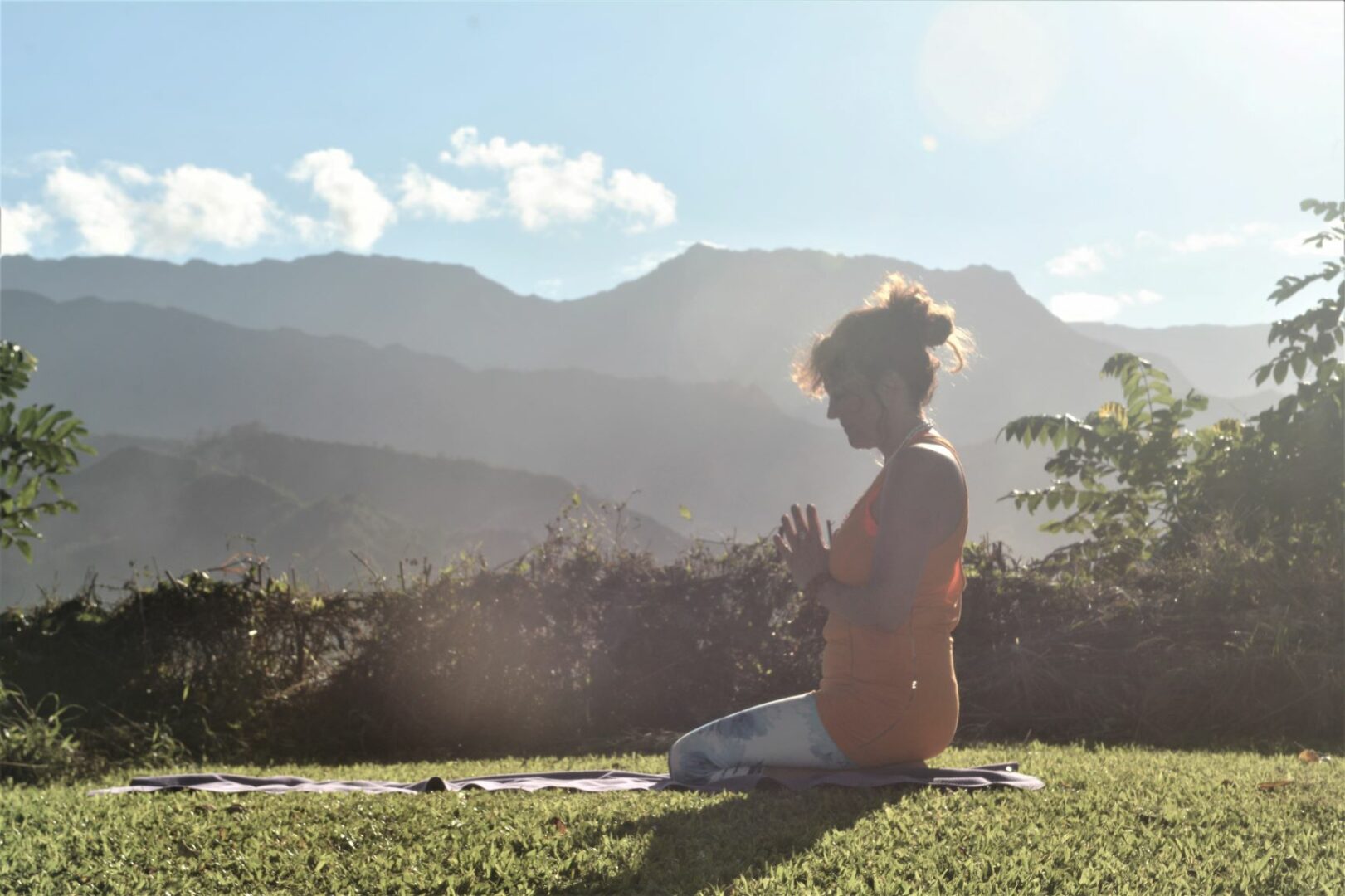
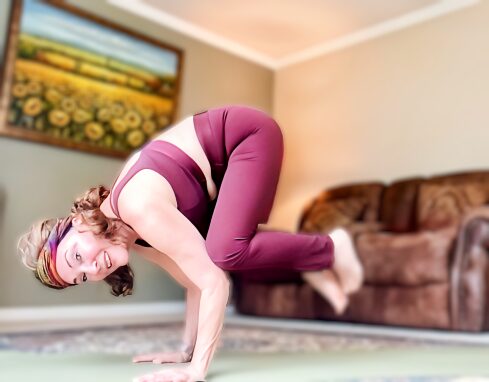

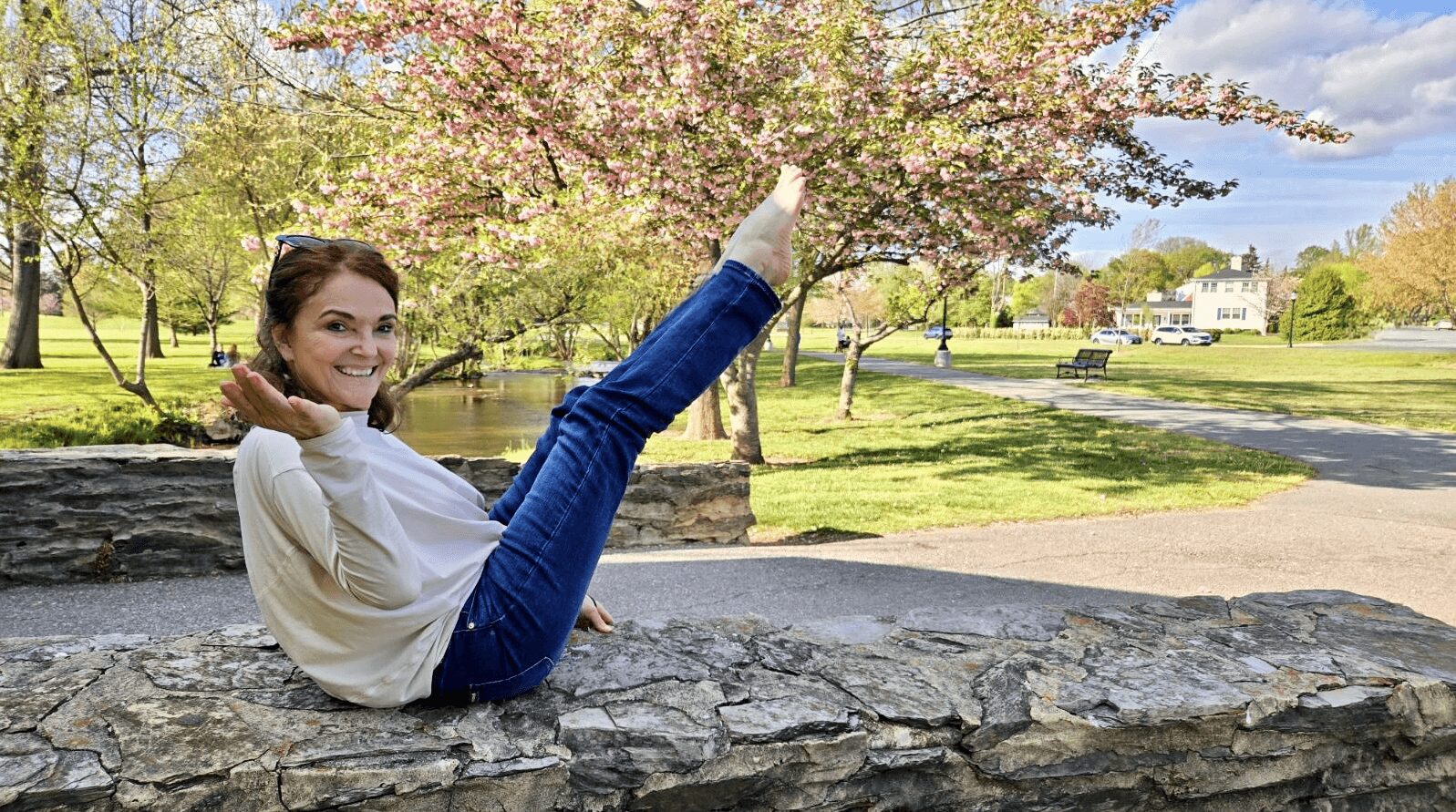
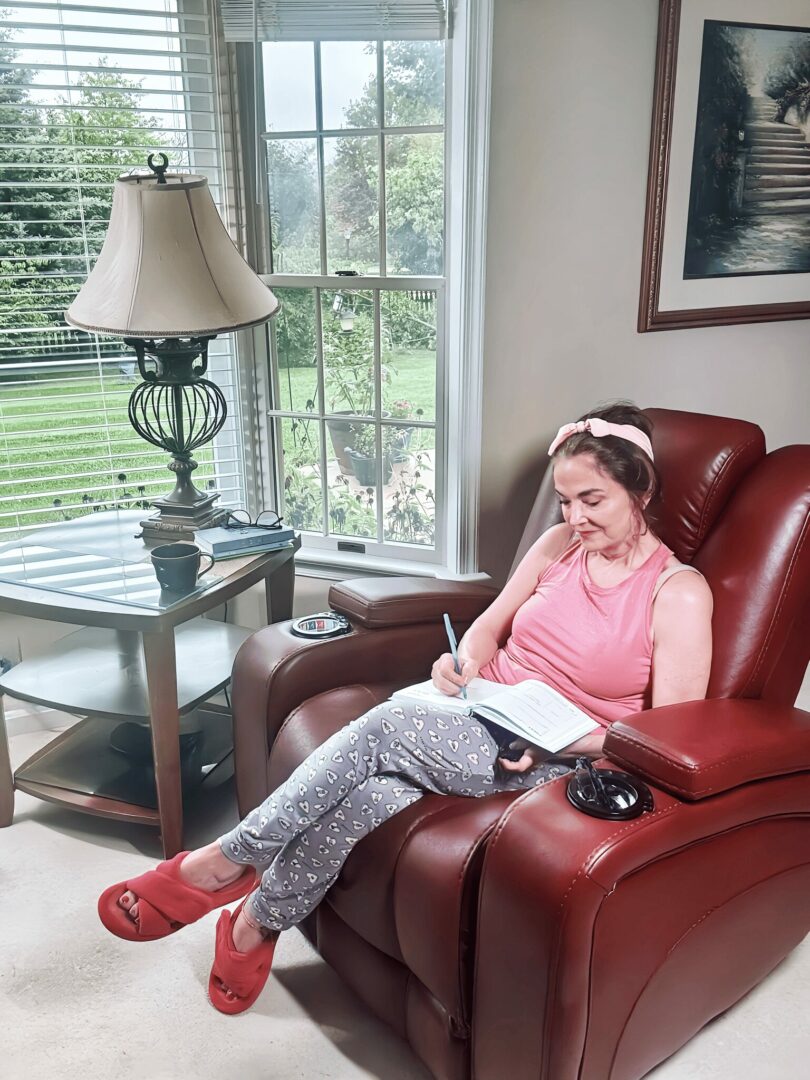
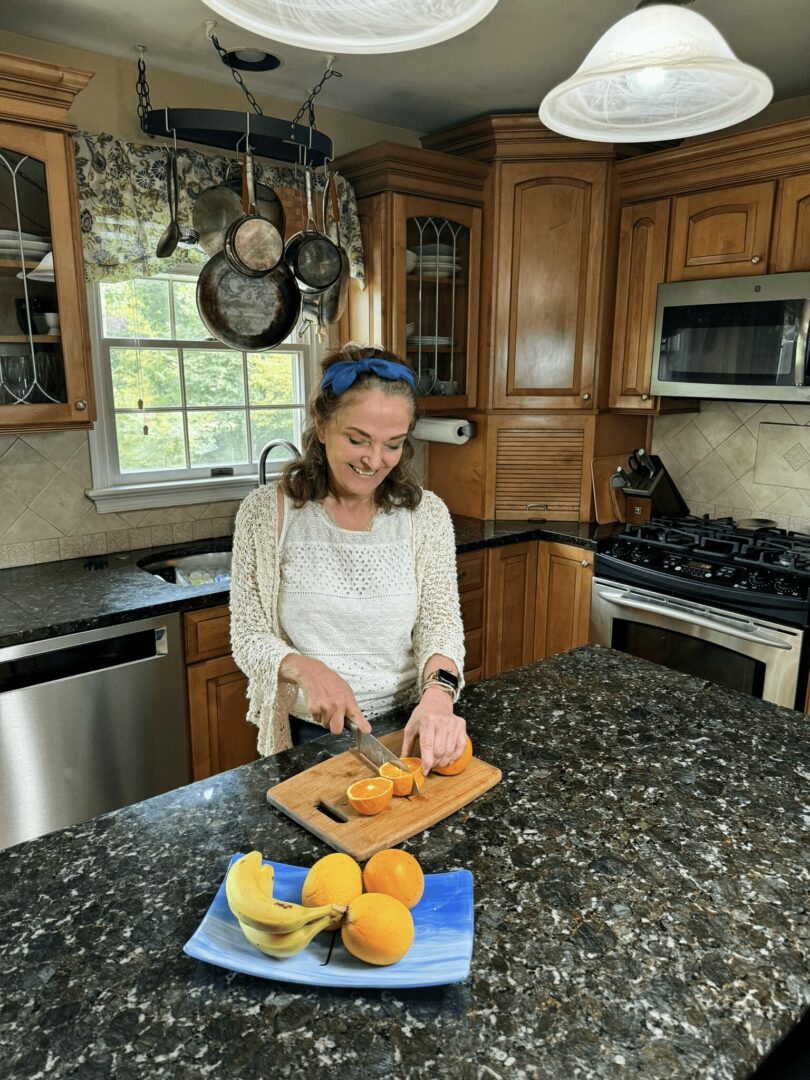
Image Credits
Bradford Powell
so if you or someone you know deserves recognition please let us know here.

